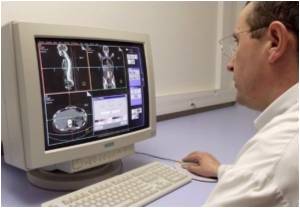For some time doctors have known that psychological therapies can reduce the symptoms of irritable bowel syndrome in the short term.

‘The beneficial effects of psychological therapy, including cognitive therapies, relaxation and hypnosis, in irritable bowel syndrome appear to last at least six to 12 months after the therapy has concluded.’





A new meta-analysis, published online in Clinical Gastroenterology and Hepatology, has now revealed that the beneficial effects of psychological therapy also appear to last at least six to 12 months after the therapy has concluded. The study analyzed the results of 41 clinical trials from a number of different countries containing more than 2,200 patients. Senior author Lynn S. Walker, professor of pediatrics at Vanderbilt University Medical Center, said, "Our study is the first one that has looked at long-term effects. We found that the moderate benefit that psychological therapies confer in the short term continue over the long term. This is significant because IBS is a chronic, intermittent condition for which there is no good medical treatment."
First author Kelsey Laird, a doctoral student in Vanderbilt's clinical psychology program, said, "Western medicine often conceptualizes the mind as separate from the body, but IBS is a perfect example of how the two are connected. Gastrointestinal symptoms can increase stress and anxiety, which can increase the severity of the symptoms. This is a vicious cycle that psychological treatment can help break."
The studies that Laird analyzed included a number of different types of psychological therapies, including cognitive therapies, relaxation and hypnosis. Her analysis found no significant difference in the effectiveness of different types of psychotherapy. It also found that the length of the treatment (the number of sessions) didn't matter.
Possibly most significant from a healthcare cost perspective was the finding that treatments conducted online appear to be equally as effective as those conducted in person.
Advertisement
Source-Eurekalert










